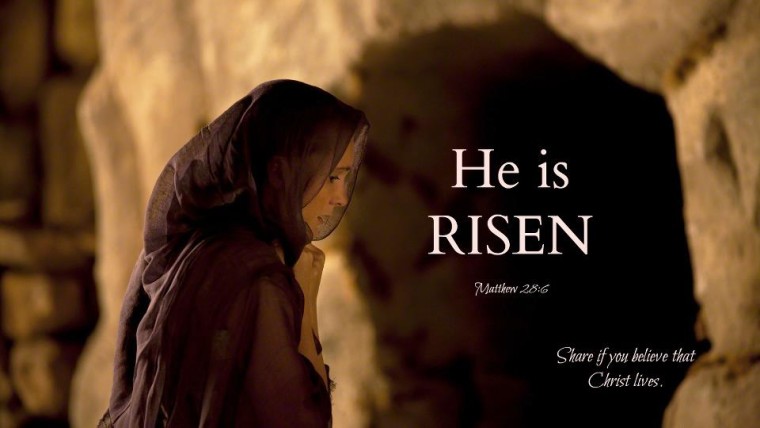Parents of foster or adoptive children will tell you this again and again: Adoption is a process.
The first phase is simply the decision to adopt. Unlike the natural birth process, adoption involves a clear, conscious choice on the part of the parents to bring a new child into their lives. Once a child is identified and chosen, the parents are in for an arduous and challenging gauntlet of paperwork, interviews, research, travel, and financial and emotional expense. What gives adoptive parents the endurance to get through this phase is the sheer love they have for the child and the determination to secure that child against all odds and over any barriers.
We must never forget that the Lord has done the same for us! He knew us before we knew Him:
Blessed be the God and Father of our Lord Jesus Christ, who has blessed us in Christ with every spiritual blessing in the heavenly places, even as he chose us in him before the foundation of the world, that we should be holy and blameless before him. In love he predestined us for adoption as sons through Jesus Christ, according to the purpose of his will, to the praise of his glorious grace, with which he has blessed us in the Beloved. – Ephesians 1:3-6
The process of our adoption into the family of God began long ago—before the foundations of the world were laid. The Father has loved you and me from before time and forever. Understanding God’s absolute determination to secure us as His children before we were even born can bring a great sense of self-worth and value.
Once a little girl was playing on the playground with other children. When they began teasing her about being adopted, she responded, “My parents chose me; your parents got stuck with you!” Indeed. You are special because God chose you as His child. He called you to Himself, adopted you, and you are His.
Once a child is brought into a family, there is often a honeymoon phase during which the child and parents enthusiastically embrace their new relationship. Parents receive the adoption papers that confirm the child belongs to them with all of the appropriate legal seals. There is a great celebration when the child is brought home. The child is a full member of the family now. That moment of realization can be euphoric! It also can bring some fear and trepidation as a new reality is born.
There are similarities to our adoption by the Lord:
In him you also, when you heard the word of truth, the gospel of your salvation, and believed in him, were sealed with the promised Holy Spirit, who is the guarantee of our inheritance until we acquire possession of it, to the praise of his glory. – Ephesians 1:13-14
You may remember the day when you first heard the word of truth, the Gospel of your salvation. How did you receive the news of your adoption into the family of God?
You have the full rights of inheritance as adopted children of God. Your adoption papers are signed and sealed! Your inheritance of eternal life is secure. The guarantee is the abiding Holy Spirit of God.
The challenge of your adoption process now becomes living into that new reality. The Father has called you into His family, yet the challenge to know and trust His love is real. Do you ever struggle with believing that God truly loves you? What is behind that struggle? The Father would have you know His abiding love; you are chosen and dearly loved!
Excerpted from The Spirit-Filled Life: All the Fullness of God, p. 66-71.


